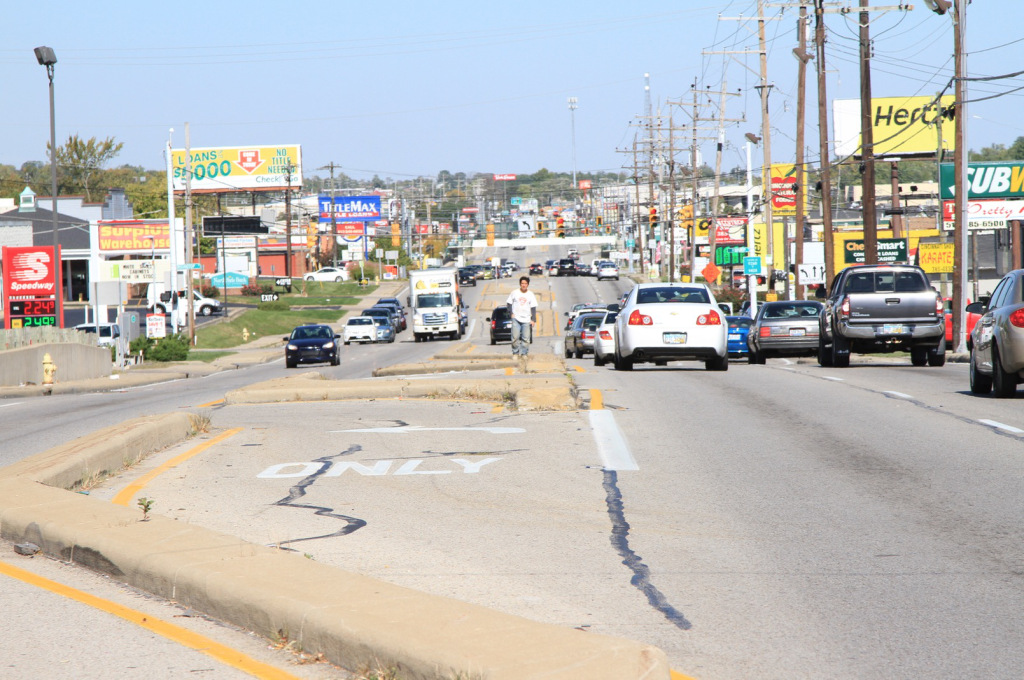It has been shown in many studies that adding lanes does not ease congestion, it is an issue of induced demand. And I fully agree they have not handled the IE freeway system well at all. the 60 and the 10 are simply overloaded and they have not kept pace with the increasing population in the area due to the warehousing jobs here. This is where some public transport would help. I commute from Redlands to Chino every day, and it is a minimum of 1:15 in the afternoons to go 32 miles. I would happily take the train even if it adds to that time.
The problem is America designed everything centered on cars, with little thought to the repercussions with increased population, even ignoring the great work being done in city design in other countries such as the Netherlands to worship the almighty car, and therefore it will take some heavy restructuring to get more effective public transport even in areas as densely populated as this.
Just check this out about stroads.
Show this video to anyone who needs a crash course in what makes our streets dangerous and how to make them safer and more financially productive.

www.strongtowns.org
A good article about redesigning cities to be more pubic and non-car transport friendly:
Our urban cores have to be transformed wholesale for our cities to remain relevant and vibrant in the 21st century. How do we encourage city dwellers to adopt all of the new mobility options?

www.forbes.com
The issue is not having any foresight or control or fundamental planning to control urban sprawl and make our cities people-friendly instead of car-friendly. But car-centric urban development was a direct result of the booming auto industry. So capitalism is why we have terribly designed cities and no effective way to change it. It was not a social structure issue, it was an economic one.
Capitalism is not the devil, I rely firmly on it for my livelihood and am a believer in the openness of entrepreneurship and businesses have the freedom to follow the market trends. However, completely unchecked capitalism naturally creates huge wealth disparities, as well as systems that are business-centric or product-centric and not people-centric, so it is not the most effective system for things that should be viewed as basic utilities, such as electricity, water and sewer service, health care, and city planning and development. Allow capitalism to control these areas unfettered and people suffer even if they might have more "stuff", as you create strata of those who can afford the basic utilities and those who cannot, as we have done in healthcare, which is a travesty in such a wealthy country.






